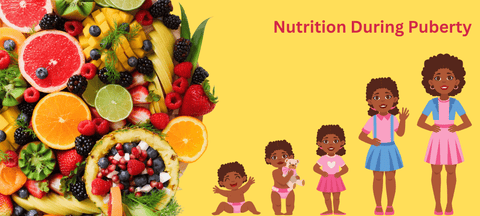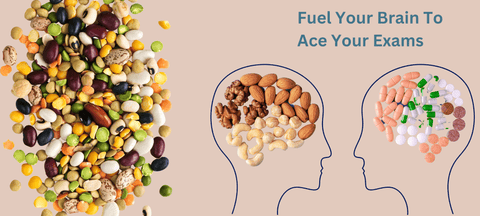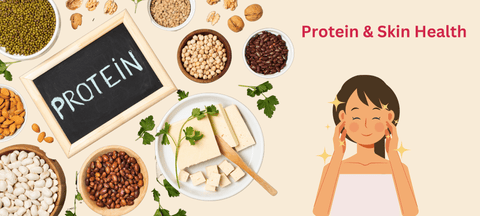
Apr 05, 2023
In today’s time, Life is all about Hurry, Worry & Curry. We begin our day...

Mar 24, 2023
NEAT is the secret to burning more calories without even trying. You'll also begin living...

Mar 24, 2023
Puberty comprises a progressive nonlinear process commencing from prepubescent to full sexual maturity through the...

Mar 24, 2023
Are you feeling the exam jitters? Does the thought of another all-nighter spent with a...

Mar 08, 2023
Polycystic ovarian syndrome (PCOS) is the most common endocrine disorder in females of reproductive age...

Mar 08, 2023
Good skin is an indicator of good health. Period. Skin is a multilayer organ in...






